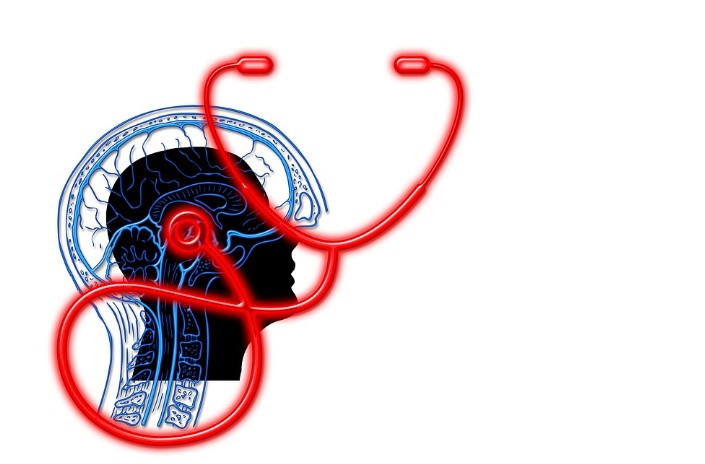If you want to improve your mental health, you should work on your physical health. You might be surprised to learn that there exists a direct association between your diet, sleep, exercise, and mental health. On their own, poor nutrition, inadequate sleep, and lack of exercise can make your mental health worse.
Therefore, if you are hoping to improve your mental health, you should start by working on your physical health. Here are the best ways to improve your mental health through your physical health:
Exercise More
Physical activity reduces symptoms of anxiety and depression thus improving your emotional wellbeing. Moving your body on a daily basis is the best way to improve your overall mood. If you want to form a habit that sticks, you need to start by doing what feels good to you and comes naturally during exercise.

You could start small then slowly build up your exercise regimen. For instance, if you tend to take the elevator daily, you should ditch it in favor of the stairs. You could also start with a short walk around the neighborhood or plant in your garden. You will be more likely to keep exercising if you enjoy the particular exercise that you are doing.
Avoid Noise
More often than not, loud noises contribute to anxiety and stress. If you live in a noisy environment, it might have a negative effect on your mental health. Do you work in a noisy place? You should consider asking your employer to provide noise-canceling headphones and give frequent breaks.
If you cannot change your situation, consider investing in earmuffs and noise-canceling headphones. Not only does noise affect your mental health, but it also has a negative impact on your hearing. You might end up needing devices such as New Hampshire Hearing Institute hearing aids much earlier in life.
Get Enough Sleep
According to the CDC, up to 35 percent of American citizens do not get adequate sleep. The recommended sleep time is 7 hours per night. If you do not get 7 hours per night, your mood will suffer because sleep loss interferes with emotional processing and reactions.
To improve your mental health, you need to sleep for the recommended amount of time each night, no matter how busy you are. Have a fixed bedtime and get rid of any distractions – such and phones and TVs – from your bedroom. These simple changes might be enough to make you sleep soundly through the night. However, if you suffer from chronic insomnia, you should see a doctor.
Eat Well
Eating a balanced diet is essential for your mental health. Make sure that your diet is rich in omega 3 fatty acids and tryptophan, which act as mood stabilizers. If you suffer from depression, you should take a multivitamin to lessen your symptoms.
Limit your consumption of processed foods and sugars because they can cause anxiety. Moreover, you should limit your alcohol intake. Some people use alcohol to self-medicate when they are dealing with mental health issues such as depression. However, you should know that drinking alcohol will exacerbate your symptoms.
Stress and anxiety make it more likely for you to be addicted to drugs. Instead of going this route, you should talk to your doctor and figure out healthy ways to channel your emotions. Although drugs might seem to be working at the moment, they ultimately do more harm than good.
Conclusion
As you can see, your physical health affects your mental health directly. If you sleep for the recommended hours, eat a balanced diet, exercise daily, and reduce noise, your mental health will benefit greatly.
Related Posts












